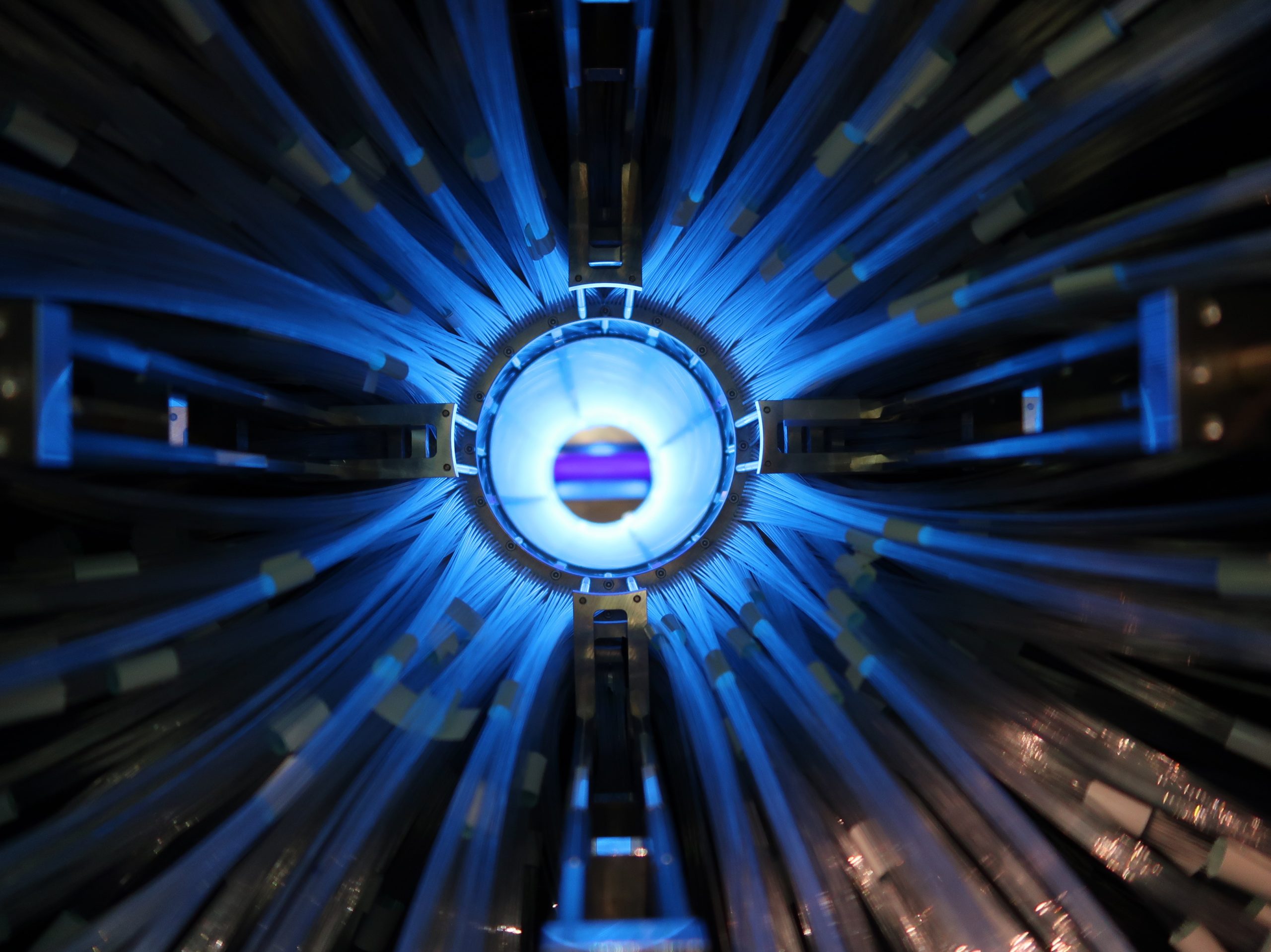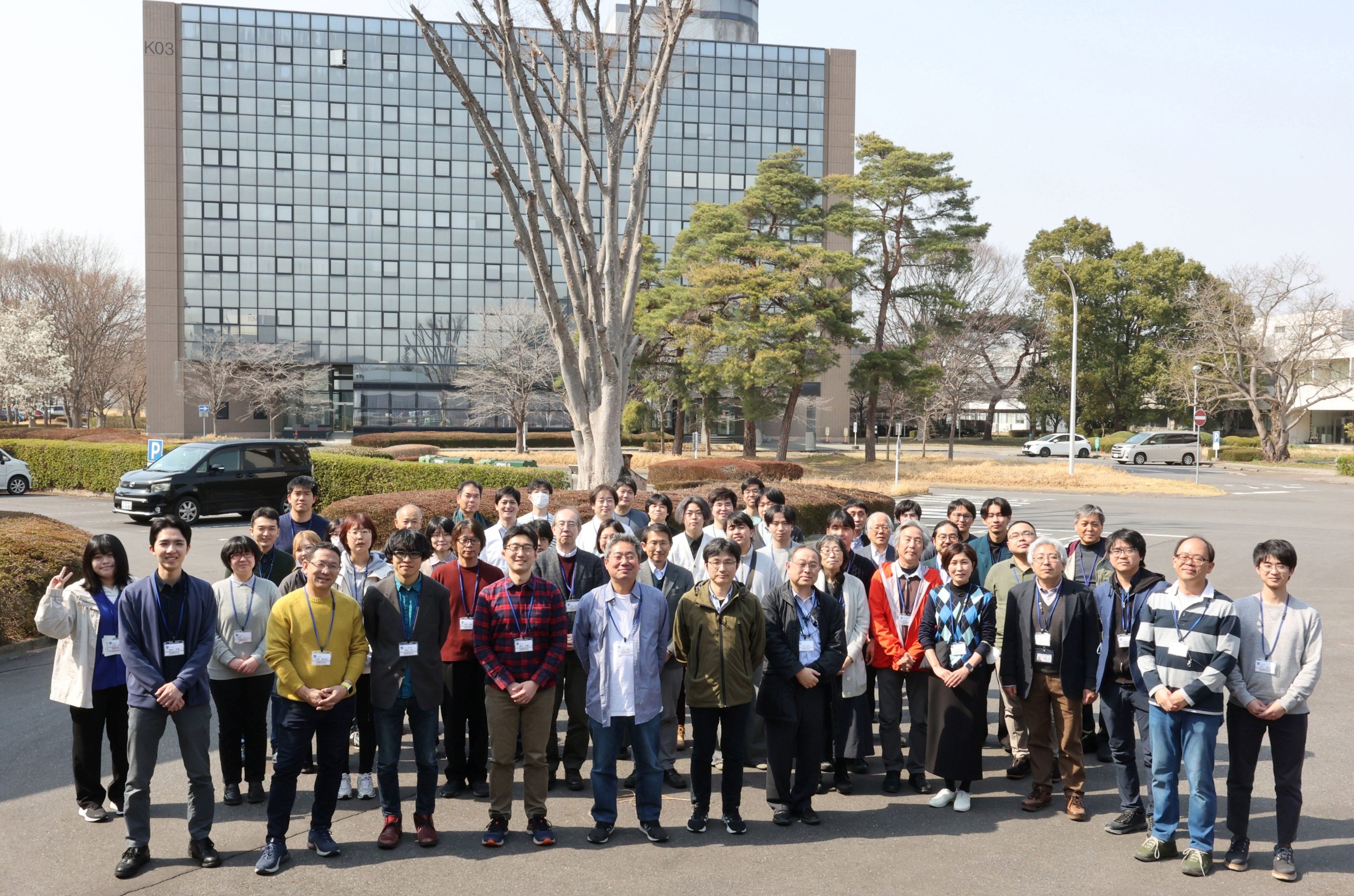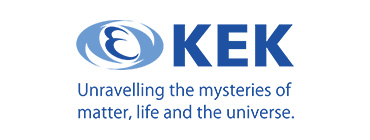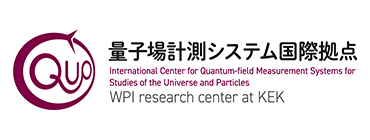- Event
Report on Ukakuren Research Meeting 2025 ~ Origins of Elements and Chemical Evolution of Stars~
April 17th, 2025
From March 24 to 26, 2025, the research meeting “Ukakuren Research Meeting 2025 ~ Origins of Elements and Chemical Evolution of Stars~” was held at the KEK Tsukuba Campus. This event was co-hosted by the Cosmic Nuclear Physics Liaison Council, KEK Institute of Particle and Nuclear Studies (IPNS) Wako Nuclear Science Center, with support from IPNS-WS, JST ASPIRE Project, RIKEN Center for Interdisciplinary Theoretical and Mathematical Sciences Program (iTHEMS), University of Tokyo Center for Nuclear Study, and the National Astronomical Observatory of Japan.
The origins of elements are closely related to the chemical evolution of stars in the universe. To unravel the origins, strong collaboration across various fields such as astronomy, astrophysics, planetary science, nuclear physics, and particle physics is essential. At the Ukakuren Research Meeting, approximately 70 researchers, including graduate students and young researchers, discussed the latest cross-disciplinary research activities on the origins of elements.
The Wako Nuclear Science Center (WNSC) at KEK has been advancing research aimed at elucidating the origins of heavy elements and uranium through the rapid neutron capture process (r-process) occurring in explosive astrophysical environments. With the launch of the new KISS-1.5 project(※) in the 2024 fiscal year, the first day of the meeting focused on WNSC’s research and the synthesis of elements in explosive astrophysical environments. The second day featured discussions on element synthesis in X-ray burst objects and the formation of the early solar system based on elemental analysis results from meteorites, such as asteroid Ryugu. The final day covered the early formation of galaxies and the chemical evolution of stars based on astronomical observations.
Through interdisciplinary discussions involving astronomical observations, astrochemistry, planetary science, astrophysics, and nuclear physics, participants actively shared the latest research developments and future challenges, with the aim of uncovering the origins of elements associated with stellar chemical evolution. This meeting provided a valuable opportunity for researchers from previously unconnected fields to build new networks and aim for further research development. Moving forward, we aim to continue advancing cross-disciplinary research focused on the origin of elements and the chemical evolution of stars, with particular emphasis on unraveling the mysteries of heavy element synthesis through the r-process.
※KISS-1.5 Project
By developing a set of devices capable of efficiently collecting and transporting short-lived nuclei and combining them with a highly precise mass spectrometer called MRTOF (Multi-Reflection Time-Of-Flight mass spectrograph), the KEK Isotope Separation System, KISS will achieve 100 times an increase in efficiency. This advancement will significantly expand access to the neutron-rich actinide region, enabling the measurement of previously unexplored nuclear masses and the study of their decay properties. These developments are expected to deepen understanding of the characteristics of neutron-rich nuclei and provide a more comprehensive picture of how heavy elements are synthesized in the universe through the r-process.








